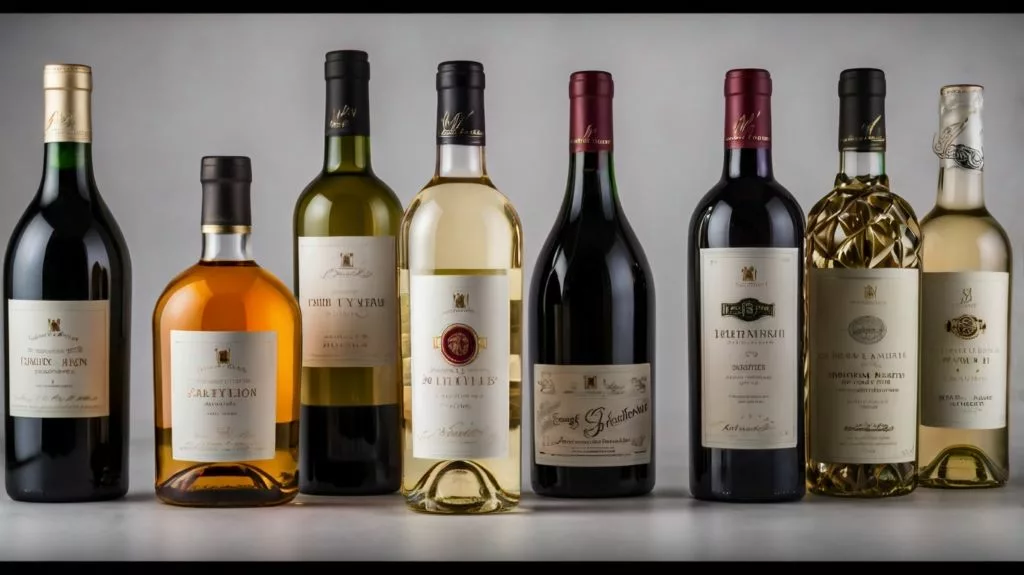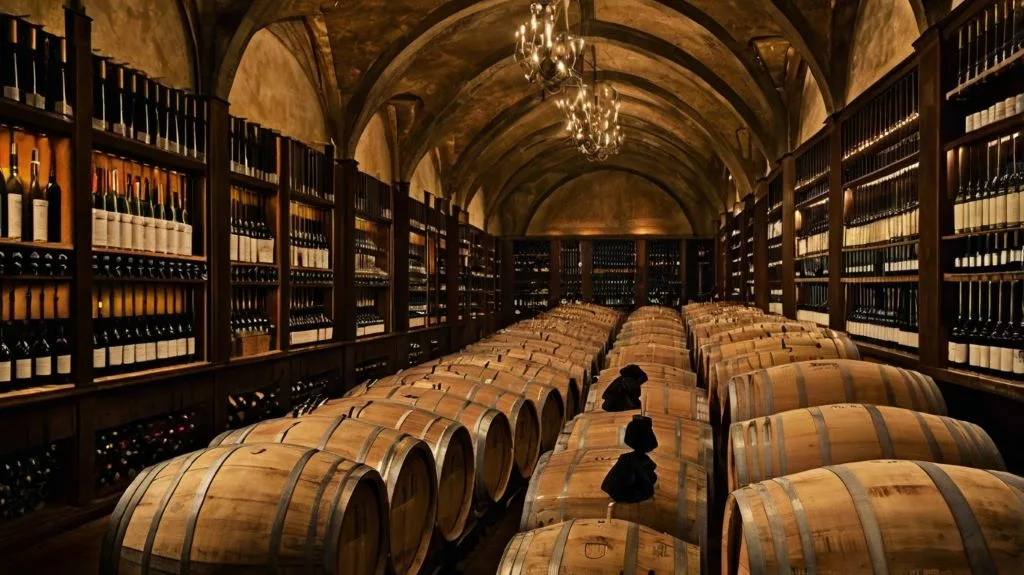In the ever-evolving world of blockchain technology, tokenization is making waves across industries, including the wine and spirits sector. Tokenizing wines and spirits is changing how we invest, trade, and enjoy these luxurious commodities. But what does it mean to tokenize a bottle of wine or a rare whiskey? Let’s uncork this innovative trend and explore its impact.
What is Tokenization?
Tokenization, in blockchain terms, involves creating a digital representation of a physical asset. Each token on the blockchain corresponds to a specific physical item, such as a bottle of vintage wine or a cask of premium whiskey. These tokens are often non-fungible tokens (NFTs), ensuring each token is unique and tied to its particular asset.
Why Tokenize Wines and Spirits?
Provenance and Authenticity
Tokenizing wines and spirits allows for verifying provenance and authenticity. Blockchain technology ensures that every step of the wine or spirit’s journey—from production to consumption—is recorded and immutable. This transparency helps combat the rampant issue of counterfeit products in the luxury beverage market.
Fractional Ownership
High-value wines and spirits have traditionally been accessible only to the wealthy. Tokenization democratizes this market by enabling fractional ownership. Investors can now own a fraction of a rare bottle or cask, making it possible for more people to invest in these luxury items. This fractional ownership model opens up new investment opportunities and diversifies portfolios.
Enhanced Liquidity
Selling rare wines and spirits could be a lengthy and complex process. Tokenization transforms these assets into digital tokens that can be traded on various blockchain marketplaces. This increased liquidity allows owners to buy, sell, or trade their tokens with ease, similar to trading stocks or cryptocurrencies.

Case Studies: Leading the Way in Tokenization
WiV Technology
WiV Technology is at the forefront of wine tokenization. Their platform allows wines to be tokenized, traded, and financed. Each token represents a physical bottle stored in professional facilities, ensuring optimal conditions and authenticity.
Chai Vault
Chai Vault uses blockchain to create secure digital records for fine wines. These records include details like ownership history, condition reports, and provenance. By linking these records to NFTs, Chai Vault enhances trust and value in the secondary market.
Arianee
Arianee collaborates with fine wine producers to create digital passports for each bottle. These digital passports, tied to NFTs, make it easy to verify and trade wines, ensuring authenticity and provenance.
The Benefits for Producers, Investors, and Collectors
For Producers
Producers gain access to a broader market and secure funding by selling tokens. They can also create limited edition releases, enhancing exclusivity and value.
For Investors
Investors benefit from the potential appreciation of their assets. Fractional ownership lowers the entry barrier, allowing smaller investments in high-value wines and spirits.
For Collectors
Collectors enjoy verified provenance, reduced fraud risk, and the ability to trade their collections easily. Tokenization also allows for better portfolio management and diversification.
Future Prospects
The market for tokenized wines and spirits is poised for significant growth. As more producers and investors recognize the benefits, we can expect broader adoption and more innovative applications. Combining tokenization with Internet of Things (IoT) devices could further enhance traceability and condition monitoring, providing real-time data on storage conditions.
Conclusion
Tokenizing wines and spirits is not just a trend but a transformative approach that brings transparency, security, and liquidity to the luxury beverage market. By leveraging blockchain technology, it opens up new opportunities for producers, investors, and collectors alike. As the market matures, the full potential of this innovative trend will undoubtedly continue to unfold, reshaping how we perceive and invest in fine wines and spirits.
Finally, we refined and enhanced the article using ChatGPT.

